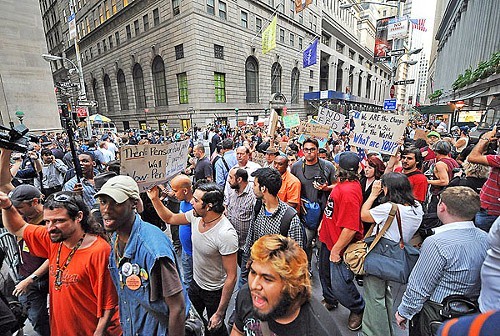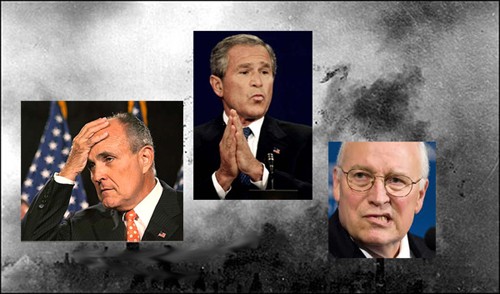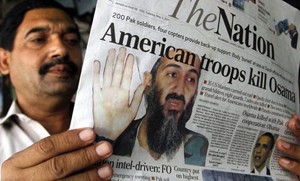I admit, controversy is my stock-in-trade. It’s what comes of being a contrarian. So it shouldn’t surprise anyone if I admit to yet one more unpopular opinion: I am a union man.
I believe working men and women need something, now more than ever, to level the playing field with corporations that have accreted so much untrammeled power over our lives. I don’t buy the benevolent paternalism malarkey many union-hostile companies use, namely that they treat their employees so well they don’t need a union.
If that sounds like what plantation owners used to say about their slaves, there’s a reason. Many of these same companies don’t pay their employees a living wage or provide what used to be called fringe benefits. Besides, who needs benevolence when you can have bargaining power?
I grew up in Pittsburgh, a union town if there ever was one. The AFL-CIO got its start there. It was also the site of one of the most infamous labor union uprisings in American history, the Homestead Steel strike. I knew who Walter Reuther and George Meany were almost before I knew who Roberto Clemente was.
So it was only natural that I would join a union when I started working as a part-time cabbie. And it wasn’t just any old union; it was the International Brotherhood of Teamsters. You know, Jimmy Hoffa’s gang (but don’t ask me where he’s buried). After my cabbie gig ended (becoming a lawyer seemed like a better career path), I proudly carried my “honorable withdrawal card,” which entitled me to rejoin the union at any time, until it eventually turned to dust.
What didn’t turn to dust was my belief in unions, which carried me through the difficult days during which I represented the air traffic controllers in Memphis who Ronald Reagan unceremoniously fired, even as that president was condemning the Polish government’s attempt to outlaw its national union. It continues right up to the present, when I have seen unions withstand the withering pressure of what my generation used to call the “establishment” to deprive them of their most basic right: collective bargaining.
What amazes me is that being a supporter of unions can be unpopular. And yet, that’s what it’s become with unions being blamed for, among other things, the stupidity of corporate decision-makers, as they have been recently for the travails of the auto industry, despite the credit those unions are due for the decades of that industry’s success.
While corporations have their own advocacy organization (the U.S. Chamber of Commerce), and even — based on its recent history — their own court (aka the “Supremes”), and while grossly overpaid executives have their own protection (quiescent shareholders and complicit boards of directors), workers are being increasingly left to their own devices as their unions get vilified and crushed left and right.
As we’ve seen recently with what happened in Wisconsin and elsewhere, it’s open season on unions. Not even the unions’ traditional allies, like the Democratic Party, are coming to their defense, as evidenced by President Obama’s notable absence from the Wisconsin recall campaign.
It is no accident that income disparity in this country — the most disproportionate in generations — coincides with the demise of labor unions or that so many people have fallen out of what used to be called the middle class as unions have become increasingly marginalized.
Companies are paying their executives outlandishly at the expense of their workers while at the same time downsizing and outsourcing tens of thousands of jobs — a business model one of the candidates for the presidency embraced when he led a so-called vulture capital company and presumably would still favor if elected.
Memphis has a long and storied history of unionism, not the least significant example of which is the sanitation workers union that was so instrumental in the fight for civil rights. Labor unions in Memphis have been at the forefront of protecting, in particular, the rights of African-American workers, whether it’s been teachers, hospital workers, postal workers, or other municipal workers.
I have always suspected that much of the antagonism in this town towards unions is attributable to that fact that African-Americans here are (and historically have been) the primary beneficiaries of union membership.
What a shame.
Memphis attorney Marty Aussenberg is an occasional essayist for the Flyer‘s online edition — as “Gadfly” — and a frequent commenter at memphisflyer.com.







